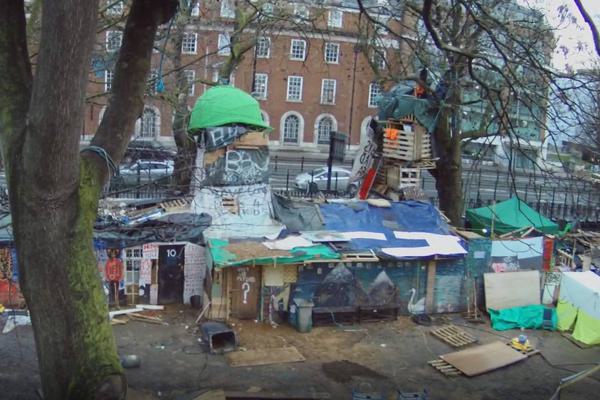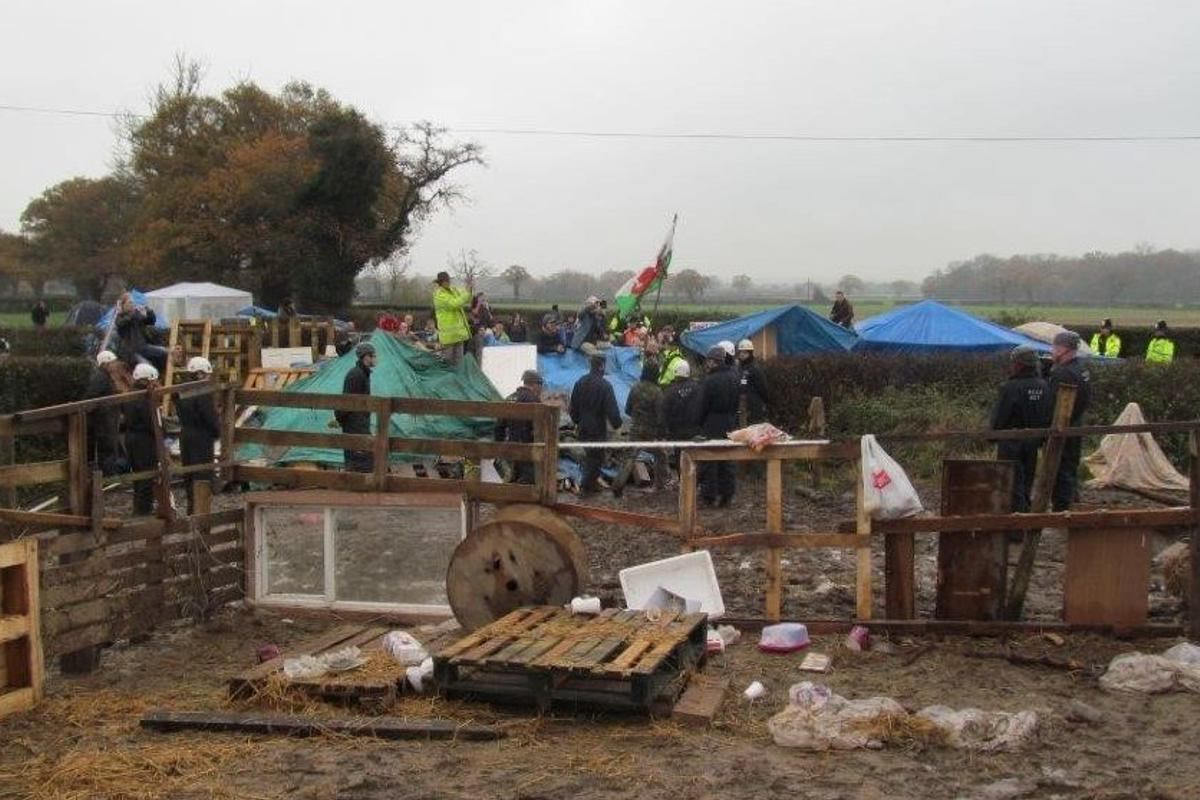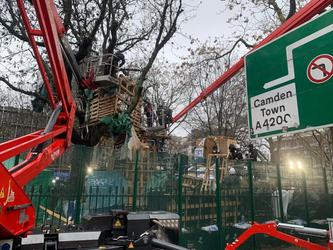
How to enforce a compulsory purchase order (CPO)

Let me start by saying that it is not always necessary to enforce a compulsory purchase order (CPO). Often, the occupants will accept the compensation offered and leave the premises when requested.
Sometimes, however, the occupants may resist and refuse to leave premises. On higher profile projects, particularly infrastructure projects, activists will join them to support their resistance, even though they have no direct link to the occupants or the site.
On other occasions, there will be land being acquired under a CPO and environmental protesters will occupy the site to prevent the acquiring authority from taking possession.
During either situation, it may prove necessary to remove those people, so that the acquiring authority may take possession. High Court Enforcement Officers (HCEOs) are authorised to act on their behalf to undertake the eviction.
In this article, we go through the process of enforcement of the CPO by an HCEO.
The acquiring authority
The acquiring authority will be the organisation which requires possession for the land for compelling reasons in the public interest. This might be:
- An agency established to deliver an infrastructure project, usually under an Act of Parliament
- A local authority, which can also issue a CPO for property that has fallen into disrepair where the owner has ignored all requests to maintain it, section 137 of the Town and Country Planning Act 1990 and section 32 of the Planning (Listed Buildings and Conservation Areas) Act 1990
- Electricity and water companies
- The Homes and Communities Agency (“Homes England”)
- An urban development corporation
The acquiring authority will seek to negotiate with the landowner first, and, only if this fails, can they apply for the CPO, which will then give them a statutory right over the land/premises. The landowner will be entitled to receive compensation, so that they are not financially disadvantaged by the compulsory purchase.
The CPO warrant
The acquiring authority may apply to a justice of the peace to a warrant which will entitle them to exercise the power given in the CPO. The justice of the peace can only issue the warrant authorising the use of force if they are satisfied that persons are preventing or are likely to prevent entry and that it is reasonable to use force to remove them.
Once the warrant has been issued, this is the instruction to the HCEO to deliver possession of the land to the acquiring authority. No other court order is required.
The warrant confers the powers the HCEO will need to execute it, including the right to enter the land or premises and to use reasonable force. The HCEO will be wholly responsible and personally liable for the execution of the warrant.
Giving notice
Whilst the acquiring authority does have to give notice of the CPO and their intention to take possession (via a notice to treat or a vesting declaration), the HCEO is not obliged to give notice of the enforcement of the warrant.
However, should the circumstances indicate that it would be more appropriate to serve notice, perhaps because children are on the premises, then they can do so. In the case of protesters, particularly environmental protesters, serving notice might carry the risk of more protesters being brought onto the site.
Environmental protesters
Many infrastructure projects attract “professional” environmental protesters, who might dig tunnels, climb trees or buildings and lock themselves on to structures in various ways, frequently putting themselves at significant risk of harm.
When considering which HCEO to use to enforce the warrant, you should ensure that the company has the expertise, equipment and skilled staff to undertake these types of evictions. Please also check that they have the appropriate levels of insurance to protect the acquiring authority from a claim – rescue insurance is not adequate.
The police
The police has a statutory duty to assist the HCEO when executing either a High Court writ or a compulsory purchase order warrant - Tribunals, Courts and Enforcement Act 2007 sec 140 (10)(a).
We would therefore recommend approaching an HCEO as soon as possible, so that there is sufficient time for planning and for requesting police assistance, if it is likely to be needed.
To find out more
If you would like to speak to us about a CPO that you need to enforce, please get in touch.
I can reassure you that we do have the expertise, equipment, skilled staff, insurance and track record to fully assist you.





